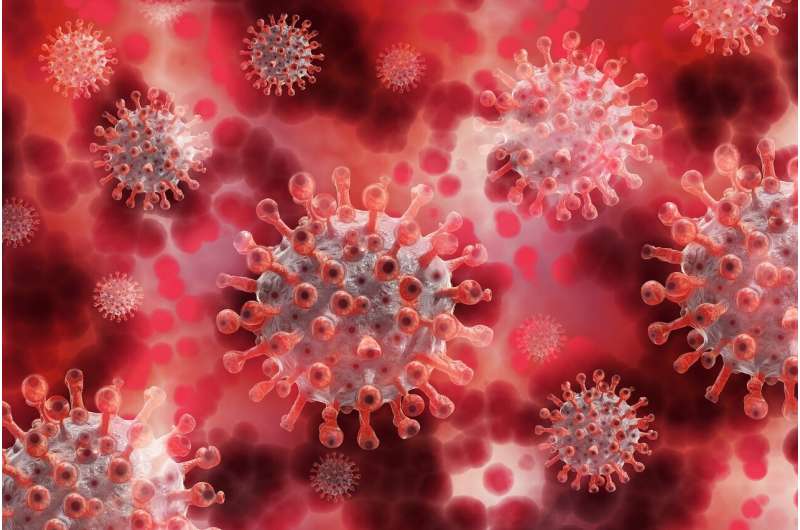
In an effort to further understand the impact of COVID-19 to the cardiovascular system and complications that may arise for patients with cardiovascular disease (CVD), the American Heart Association and the Society of Critical Care Medicine (SCCM) are announcing a collaborative research initiative to better understand the virus impact on patient care and outcomes for conditions, including myocarditis and cardiomyopathy.
“Despite the widespread incidence of COVID-19 infections and hospitalizations, there are still situations where the data set is simply too small to create inferences correctly,” said volunteer expert, COVID-19 CVD Registry committee co-chair Sandeep R. Das, M.D., MPH, MBA, FACC, FAHA, and director for quality and value, cardiology division for UT Southwestern Medical Center.
The new initiative will leverage the de-identified patient data from both organizations. The American Heart Association, the leading voluntary health organization devoted to a world of longer, healthier lives, will supply data from the COVID-19 CVD Registry, powered by the Association’s Get With The Guidelines, which collects in-hospital data from more than 150 facilities across the United States. SCCM, the largest non-profit medical organization dedicated to promoting excellence and consistency in the practice of critical care, will contribute research from its Discovery Viral Infection and Respiratory Illness Universal Study (VIRUS) COVID-19 Registry. Launched in May 2020, the VIRUS COVID-19 registry tracks current ICU and hospital care patterns worldwide to evaluate the safety and observational effectiveness of COVID-19 care. The VIRUS Registry currently has more than 65,000 patients enrolled and will continue enrolling patients through 2021.
Together these two datasets have the promise to power robust analyses to help drive improved care for patients during this pandemic. The initiative will use the American Heart Association’s Precision Medicine Platform (PMP), a secure cloud-computing platform hosted by the Association’s Institute for Precision Cardiovascular Medicine, to facilitate the research.
Source: Read Full Article
